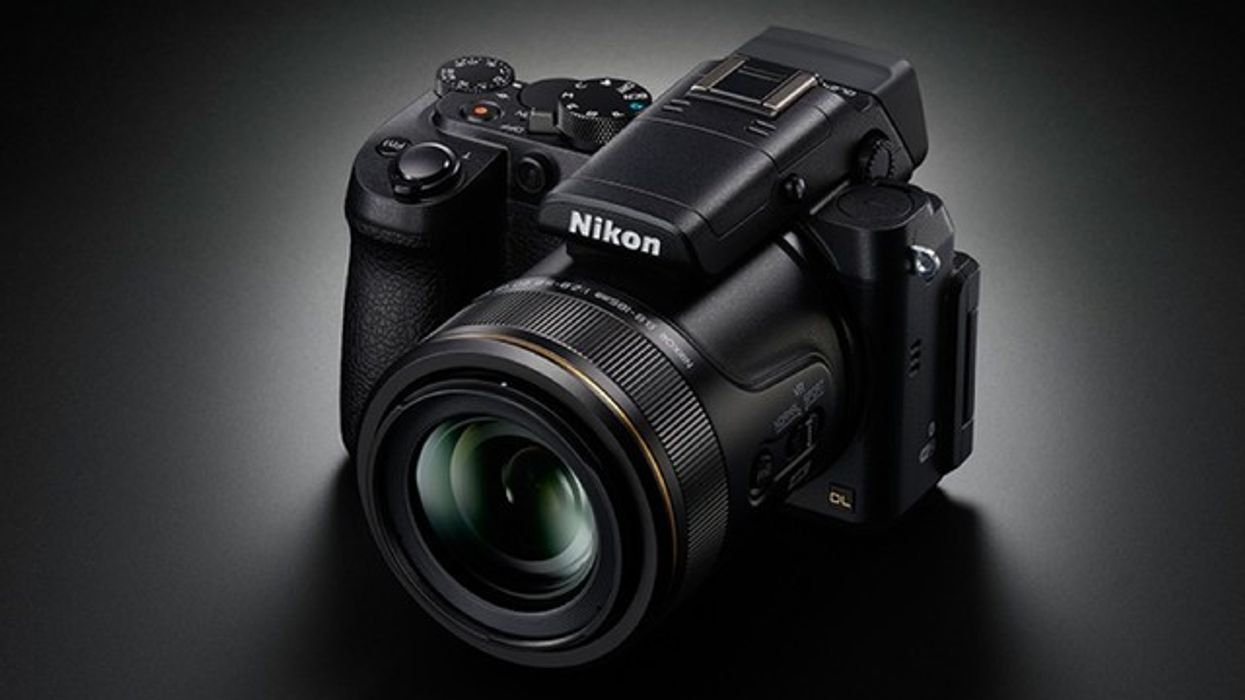Nikon Suffers Huge Losses and Cancels Cameras, Crashing Stock
Venerable still camera manufacturer Nikon, which has failed to gain traction in the motion market, has pulled back its product offerings and laid off staff.

"Are you Nikon or Canon?" It was a long-time question among photographers. Most serious photographers had a commitment in some form to at least one or the other brand, which was a difficult hurdle for latecomers like Sony moving into the market.
Filmmakers, however, have mostly avoided Nikon, while buying Canon in droves (we have more than twice as many articles tagged "Canon" than "Nikon," for instance), with filmmakers gravitating towards either the 5D/7D line or the newer C line. Of course, Canon is usually cross-shopped against offerings from Sony or Panasonic, but Nikon failed to occupy much space in the motion market.
After releasing a "notice of extraordinary loss" yesterday indicating that the company had hemorrhaged roughly $260 million in the last three quarters of 2016, Nikon announced the cancellation of the DL camera series. The announcement triggered a one-day stock drop of 14.6%, which cost the company around $1 billion in market capitalization. To be fair to the camera department, most of last year's reported losses were related to restructuring in the semiconductor lithography business, but the effects will certainly be felt in the cinema world.
This ultimately means less competition and fewer choices for filmmakers.
This comes in addition to the announcement last November that Nikon would cut more than 1,000 jobs through early retirement.

Most immediate is the loss of the DL line, which was only announced last February and was intended to be a competitor to the RX100, with internal 4K recording and a choice of three different integrated lenses, depending on the model you chose. While professional filmmakers tend to prefer interchangeable lenses, integrated lenses can be a great choice for the beginner, both in terms of keeping overall package price down and offering a good zoom range for the money. In addition, the line offered other attractive features, like 1200fps slow motion, clean HDMI out for external recorder, and a price under $1,000. Those features would have made it a great C camera on a multi-camera shoot. Alas, now the camera will never be released.
To recover from the losses, Nikon is apparently going to refocus its camera business more directly on profits and worry less about revenue. This is great from a business perspective, although it's possible Nikon will focus on its core business (mid-to-high-end still photography) and pull back from integrating video features (Hasselblad and Leica, which dominate the high end, are notoriously slow with video features, releasing cameras in 2016 with only HD video mode).
This ultimately means less competition and fewer choices for filmmakers.











